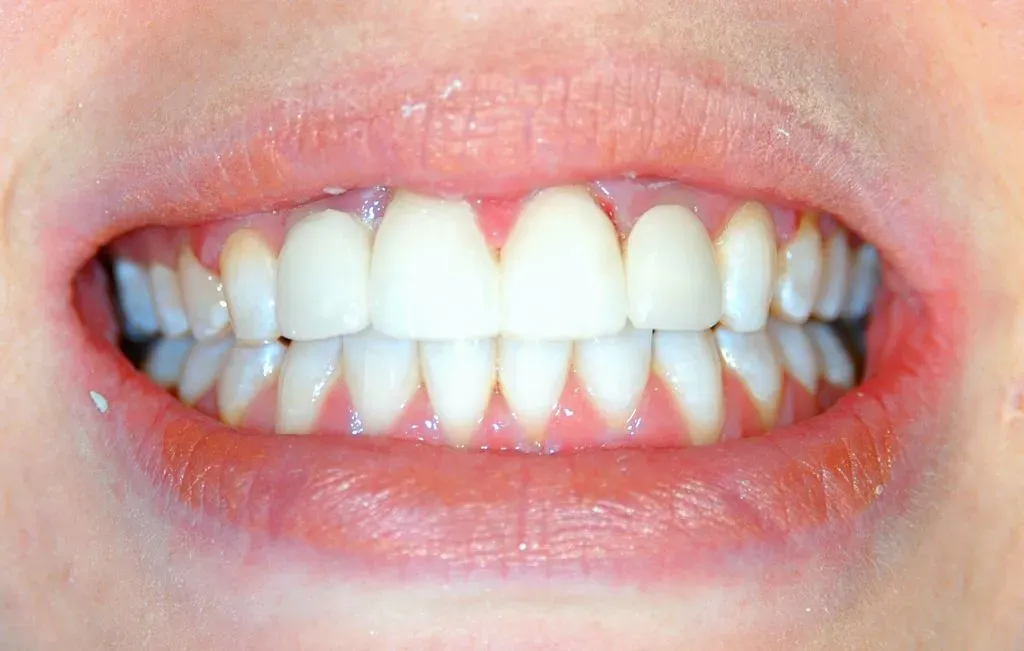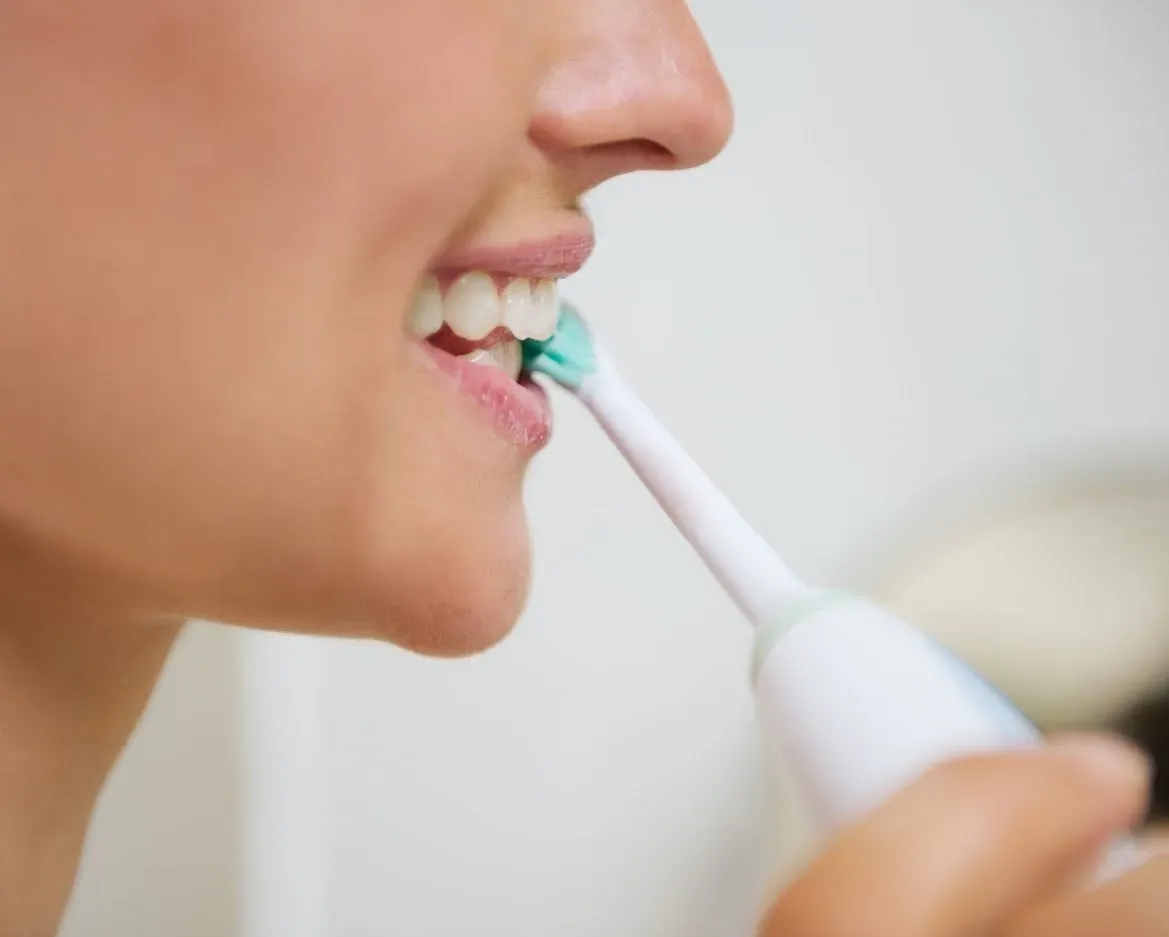4 Occasions When Tooth Extraction is Necessary

Dentists prefer to save teeth rather than extract them. This is because even one gap can have a negative effect on the remaining teeth. Unfortunately, even the most experienced and skilled dentists can't save every tooth they treat. And sometimes, extraction, not restoration, is often the only option available.
Some dental conditions are just too severe to justify keeping a tooth. Read on to learn when extraction is simply necessary.
1. Severe trauma or decay has damaged a tooth
Tooth enamel is the hardest material in the human body. This means your teeth can withstand the massive chewing forces that you exert day after day while eating. Unfortunately, even the hardest substances eventually buckle when exposed to wear and tear. Tooth decay gradually breaks enamel down. And once the hard enamel exterior is gone, the soft dentin layer quickly gives way.
If you don't seek treatment for tooth decay, such as a filling, the damage to the tooth could become too severe for a filling or dental crown. Extraction is then the only option.
Accidents happen too. If an accident breaks a tooth down to its root, then extraction is the best option. Even if a dentist places a crown over a tooth with a damaged root, that tooth will soon loosen and fall out.
2. Severe infection has spread deep into a tooth
Once bacteria break down the surface of a tooth and find their way inside, they quickly infect the tooth. Tooth infections usually kill the nerve, which then begins to rot inside the tooth. If you treat the infection quickly with a root canal and antibiotics, you can probably save the tooth as long as the damage isn't too great.
Unfortunately, if you leave an infection too long, that infection will spread to the root and create an abscess at the root tip. Severe infections sometimes call for a tooth extraction. Extracting a badly infected tooth can help bring the infection under control quickly.
3. Serious gum disease has destroyed supporting structures
Severe gum disease, periodontal disease, occurs when bacteria work their way under the gum line. This can happen over time if you don't brush your teeth enough. Harmful bacteria live in plaque, the sticky film you see on your teeth between brushing sessions. And these bacteria and their acidic excretions irritate gum tissue and cause it to recede.
In extreme cases, oral bacteria invade the space beneath gums, and gradually destroy the supporting structures, such as bone and periodontal ligaments. With these structures badly damaged, teeth loosen and can even fall out. Dentists will sometimes extract teeth that have loosened due to gum disease because this will help to get the disease under control.
4. Costly dental work has ruled out all other options
Unfortunately, dental issues can sometimes strike when you aren't financially prepared for them. Many treatments, such as root canals and crowns, might be too expensive to merit the work. In this case, extraction is probably a better short-term solution, as it can immediately resolve some of the issues.
Later, you can replace the extracted tooth with a dental implant, a dental bridge or even a partial denture. All of these treatments will help brighten your smile and improve your oral health.
If you think you might need a dental extraction, don't wait too long to seek treatment. Otherwise, you could have a severe dental infection to deal with in the near future. You would then need emergency treatment. Call Runcorn Dental today to book your extraction appointment. We're open 7 days a week, so even if you need dental work on the weekend, we can get you in for treatment.










